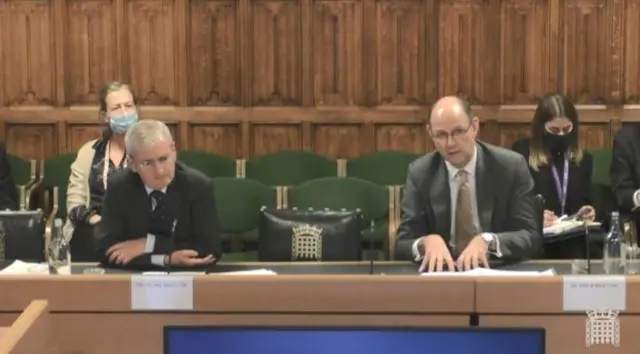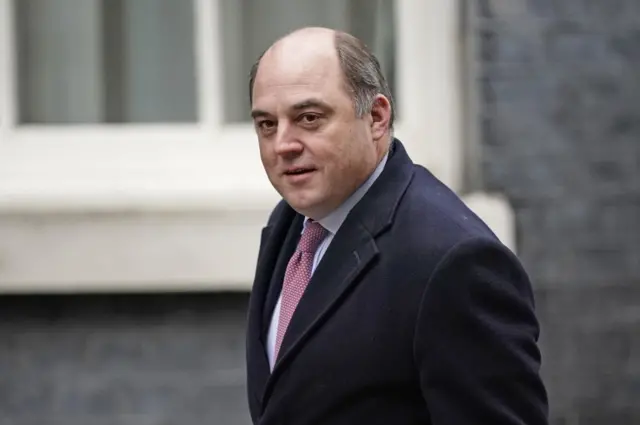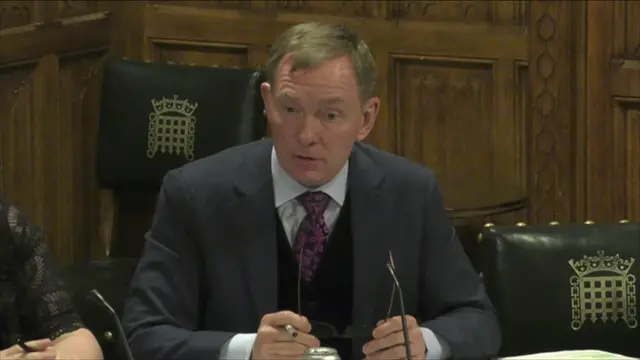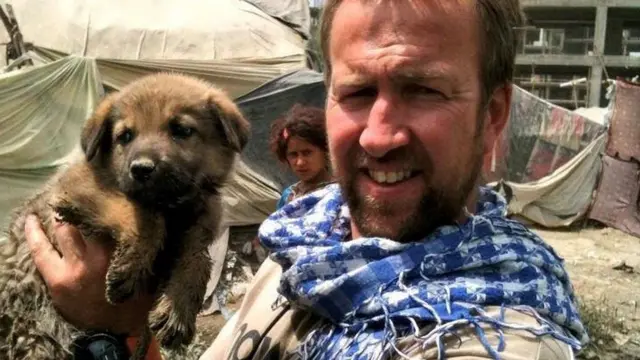Re-cap: What we learnedpublished at 19:10 GMT 7 December 2021
 Image source, UK Parliament
Image source, UK ParliamentThere was plenty to digest as the Foreign Affairs Committee examined what a whistleblower called the chaotic and dysfunctional withdrawal from Kabul this summer.
As we close the live page, here is a re-cap of the main things we heard:
- The Foreign Office's most senior civil servant has said he regrets taking a 17-day holiday as the crisis in Afghanistan unfolded this August
- Sir Philip Barton said if he had his time again he would have returned much sooner from the part-UK part-foreign break
- Nobody wanted the UK's engagement in Afghanistan to end the way it did, he added
- Challenged over claims by a whistleblower than emails went unread, Sir Philip said a review found no breaches of the Civil Service code - but things had been challenging
- "We aren't saying we did a good job, we're saying we evacuated 15,000 people," Sir Philip said
- Diplomats were left "mortified" after unredacted documents detailing the names and addresses of Afghans who had helped the UK were found in the abandoned Kabul embassy
- Sir Laurie Bristow, the former Afghan ambassador, said it was an achievement to have evacuated 15,000 people
- He denied pets were prioritised over people after a flight for animals rescued by the Nowzad charity set up by ex-Royal Marine Pen Farthing was cleared for departure
- In an awkward exchange, Sir Laurie and Sir Philip remained silent and denied misleading MPs when confronted with a letter that appears to suggest those working for the Nowzad charity and their families were cleared for evacuation by Prime Minister Boris Johnson
- Sir Laurie recalled the moment he realised Afghanistan would fall rapidly as around 13 and 14 August. He himself visited London between 7 and 11 August
- He said it became clear there would be a "surge" in the number of people who would seek to leave the country but exact numbers were "unknown"
- Nigel Casey, the PM's top aide on Afghanistan, says the plan was always to get people out before any Taliban takeover but that events took over



